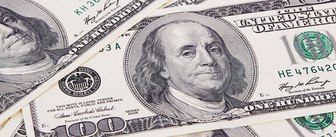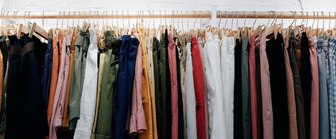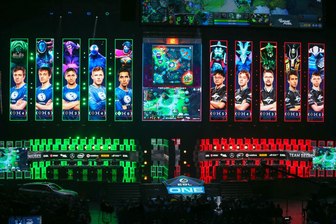For the leading brands over the last year, the challenges arising from the coronavirus pandemic presented themselves as opportunities to rise to the occasion. Businesses and advertisers have dramatically adapted their operations and marketing strategies during this time to meet the transformations in how people around the world work, spend time and shop.
Our recent webinar, YouGov Best Global Brands 2020, delves into the rankings of the top brands around the world. The ranking measures the overall brand health (otherwise known as our Index score) using syndicated data from YouGov BrandIndex — a daily brand tracker. The scores are derived using six consumer perceptions that prove critical to the success of a brand: it considers consumers’ overall impression of a brand and its reputation; whether consumers would recommend the brand; whether the brand represents good value and quality; and how satisfied consumers are with a brand’s goods and services.
Hosted by Amelia Brophy – Head of Account Management at YouGov – and joined by Cath Jeffries (Strategy Director, 1000heads), Dr. Chris Arnold (Strategist and Marketing Leader, Connect2) and Kristen Hyde (Senior Manager, International Content and Social Media, Ancestry), our panel of experts reflect on the impacts of COVID-19 and other consumer trends on the year, and how that translates to success for 25 brands around the world.
Technology companies dominated in 2020
As countries around the world implemented coronavirus-related restrictions to limit the transmission of the virus, this accelerated people’s use of communications technologies. The utility of many big tech companies became especially apparent this year as tech enabled remote work and helped people stay connected to friends and family. That explains why many of this year’s top spots are occupied by tech companies such as Google, WhatsApp, Samsung, and Facebook.
The list also offers a mirror of how people relied on tech-enabled entertainment services such as YouTube and Netflix amid spending more time at home and seeking distractions from the reality outside. The appearance of the two tech brands within the top 10 reflects the
increased amount of time people spent in front of screens
amid the pandemic.
“What we hear about tech brands in [one country] is not necessarily reflective of what is being heard in other markets.” said Amelia Brophy, Head of Account Management at YouGov. “That really points to the global nature of the list especially the brands capable of speaking to so many different audiences in a diverse global marketplace.”
The increased consumption of home goods and personal care products is another trend that emerges from the list this year. YouGov data shows that as people limited the number of times they left their homes, in-person spending went down and led instead to a boon in online spending. This also allowed some of the world’s largest e-commerce retailers, such as Amazon and Shopee, to tap into audiences hesitant to purchase things in-person but still eager to buy them online.
“Big tech companies have become the new utilities.” said Cath Jeffries, Strategy Director, 1000heads. "They offer tremendous value to society, globally, and this has only been heightened by the pandemic. In addition, on the surface, what they offer is often free; we all know that, essentially, their services come at a different kind of price, but the value exchange here is clear.”
As people spent more time at home in 2020, this led to an uptick in spending categories such as groceries, personal care items and other home goods. This growth in consumer good spending is reflected by the presence of household names such as Ikea, Nivia, Dettol, Colgate, Lego, and Tylenol. The increased time spent at home has also led to
more meals being cooked at home, just as observed in the United States
, and around the world, elevated food manufacturers and distributors such as Almarai to the top 25 list.
Large shares of people around the world have been using cash less often
since the coronavirus outbreak and instead relied on digital payments to buy the things they needed. This trend has led to positive outcomes for financial service brands such as VISA and PayPal that benefit when consumers opt for cashless payments.
Notably, two automotive brands make the Global Best Brands ranking amid a year when the virus presented obstacles and consequences for the auto industry. Toyota, who had a big year in store as an Olympics partner prior to the postponement of the event, responded to the pandemic by
producing medical face shields in Japan
. Mercedes-Benz is the second auto brand to make the list and recently made strides committing to
a strategy that leverages the electrification of luxury cars
.
The webinar explores what our experts predict for some of these brands post 2020 and reveals the other names that left strong impressions on them throughout the year. The discussion also touched on topics of ethics and sustainability – especially as there has been a paradigm shift, due to the pandemic, from the environment to a focus on people, community and societal issues.
“Consumers are using the pound, dollar, euro in their pockets to make a difference.” said Dr. Chris Arnold, Strategist and Marketing Leader, Connect2. ”They are looking to brands that take responsibility and also make a difference - not just pay lip service to ethics. Corporate purpose has to both mean something and be evident in the behavior of brands. Both societal and environment are key areas brands will be judged on in 2021. But all the evidence suggests that, doing good is good for business.”
Watch the webinar discussing YouGov’s 2020 Global Best Brands
Methodology
:
None

















